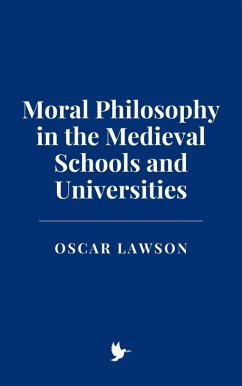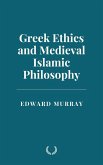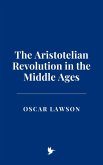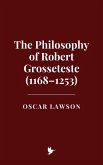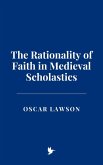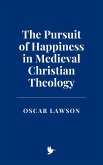The Middle Ages, spanning roughly from the 5th to the 15th century, were a period marked by intellectual transformations that laid the foundation for much of modern Western thought. Within the framework of these centuries, moral philosophy developed through the interplay of ancient Greco-Roman ideas and Christian theological doctrine. This period, often referred to as the Medieval era, saw the integration of Aristotelian and Platonic philosophies with Christian teachings, creating a unique intellectual tradition known as scholasticism. Scholasticism, which flourished in the medieval universities, was marked by a rigorous method of inquiry that aimed to reconcile faith with reason, theology with philosophy, and the divine with the human. The intellectual context of the Medieval era was strongly shaped by the Christian Church, which was the dominant institution of authority during this time. The Church played an essential role not only in religious matters but also in education, governance, and the preservation of classical knowledge.
Throughout the Middle Ages, the moral philosophy of the time was heavily intertwined with theology, and this union reflected a broader cultural and intellectual trend. The Church was not only a religious institution but also an intellectual one, shaping not just spiritual lives but everyday ethical conduct. Figures such as Bernard of Clairvaux, Hildegard of Bingen, and later philosophers like John of Salisbury explored the relationship between moral philosophy and religious life. Bernard's emphasis on divine love as the highest moral good, for example, aligned with the medieval ideal of the virtuous life as the path to salvation.
Dieser Download kann aus rechtlichen Gründen nur mit Rechnungsadresse in A, B, CY, CZ, D, DK, EW, E, FIN, F, GR, H, IRL, I, LT, L, LR, M, NL, PL, P, R, S, SLO, SK ausgeliefert werden.

